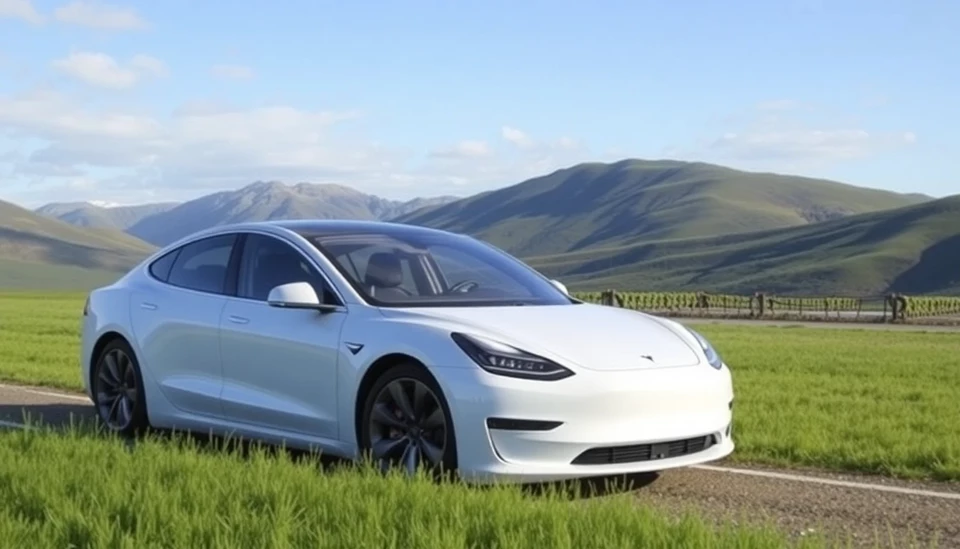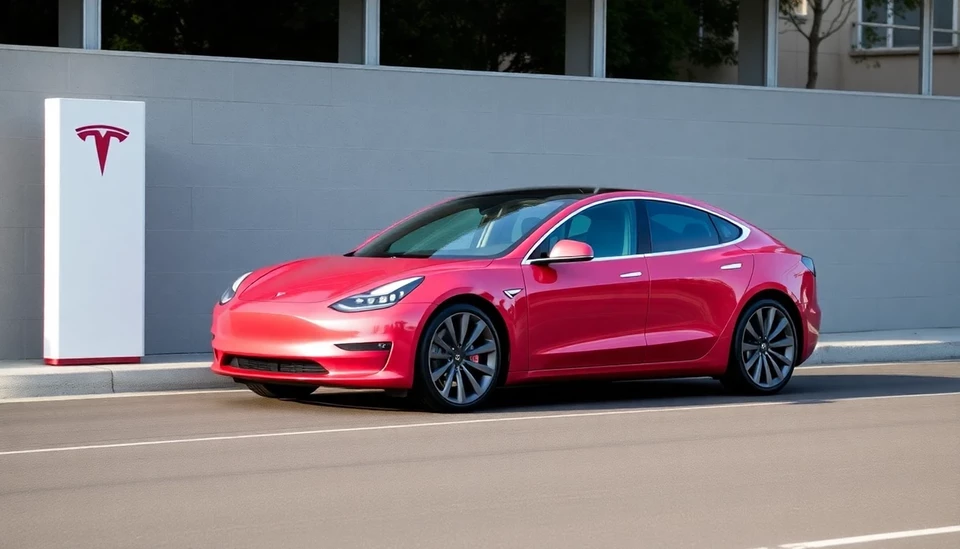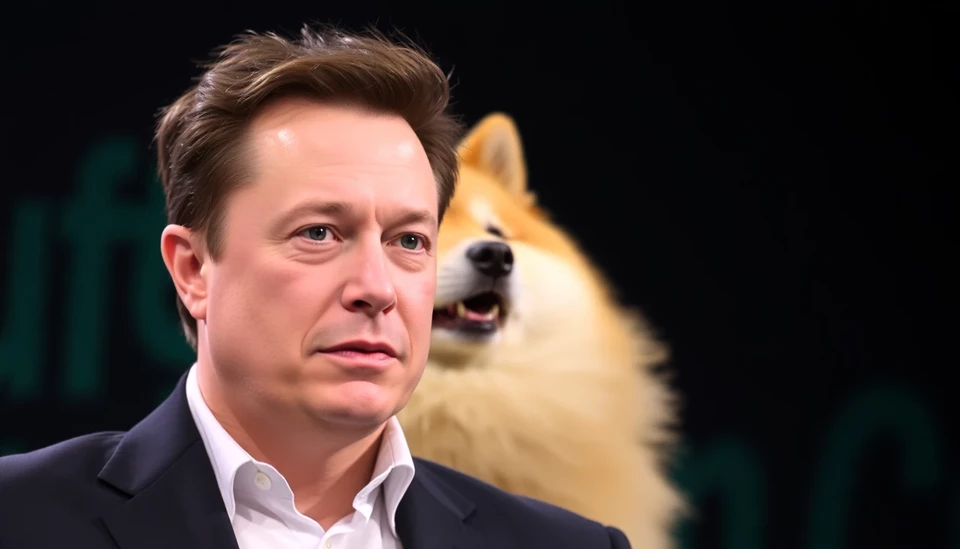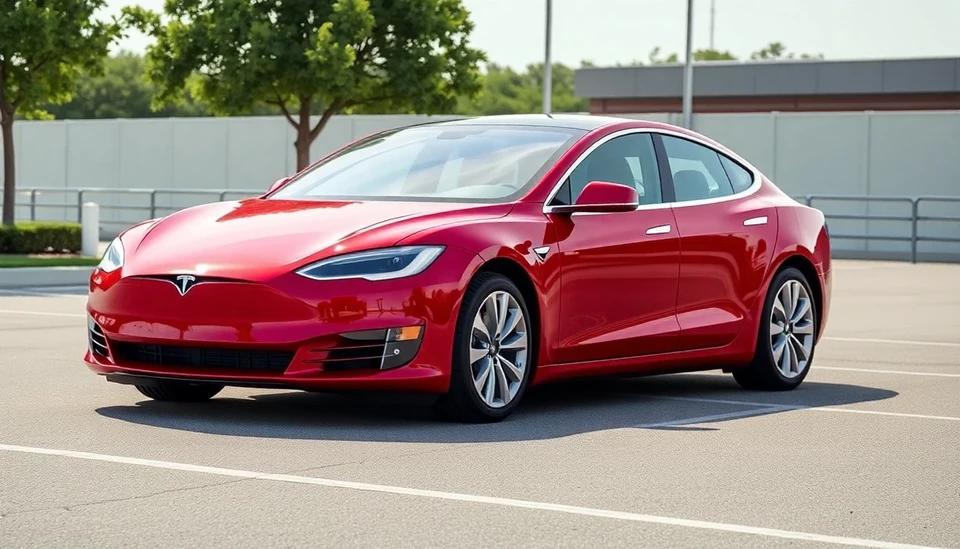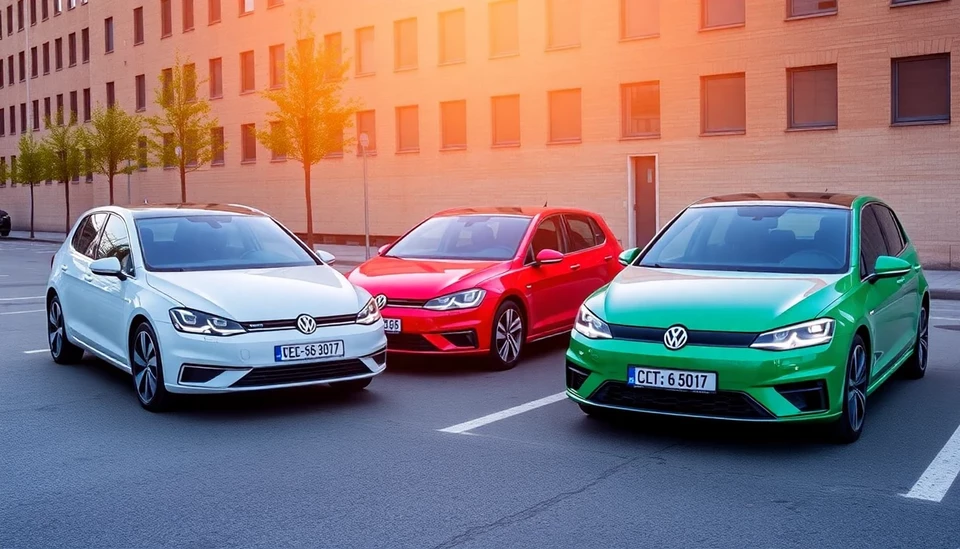
In an unexpected turn of events, Tesla has encountered a significant challenge in the European electric vehicle (EV) market, ceding its once-dominant position to competitors such as Volkswagen (VW) and SEAT. Recent sales data indicates that while Tesla's vehicle deliveries have plateaued, traditional automakers are now ramping up their electric offerings, capturing the attention of consumers seeking more affordable and versatile options.
This shift aligns with broader trends in the auto industry, where established car manufacturers are aggressively pursuing electric mobility solutions to meet both consumer demand and increasingly stringent environmental regulations. The surge in sales for VW and SEAT comes as consumers in Europe, who traditionally favored the innovative Tesla brand, are now exploring a variety of alternatives that offer competitive pricing, features, and charging infrastructure.
In 2023, Tesla's sales figures fell short of expectations, reflecting a troubling trend that could pose long-term challenges for the brand in the region. While the California-based manufacturer has been a pioneer in the EV space, its reliance on high-end models has made it vulnerable to market dynamics, particularly in an environment where budget-conscious consumers are gaining purchasing power.
Volkswagen, with its extensive production capabilities and brand loyalty, has adeptly leveraged its German engineering and scalability to roll out a range of electric vehicles. Meanwhile, SEAT, a subsidiary of the VW Group, has gained traction with its offer of affordable EV models, making it increasingly difficult for Tesla to maintain its market share.
Industry analysts indicate that the competition is not solely driven by price; factors such as reliability, customer service, and local production capabilities have also influenced consumer choices. Many buyers have recently expressed a preference for brands that are well-established and trusted in the automotive market. Moreover, the swift rollout of charging networks and innovative financing options from traditional players has further solidified VW and SEAT's position.
The implications for Tesla are significant. To regain its competitive edge, the company may need to consider expanding its product lineup to include more budget-friendly options that appeal to a broader audience. This adjustment could help address the growing demand for affordable electric vehicles while also enhancing its presence in the European market.
As the automotive landscape continues to evolve with the advent of new technologies, the race for dominance in the electric vehicle market will only intensify. Tesla's response to this mounting competition will be critical in shaping its future and sustaining its brand presence globally.
With a strategic reevaluation on the horizon, industry stakeholders and consumers alike will be watching closely to see how Tesla adapts to the shifting dynamics of the EV marketplace.
While the competition heats up, Tesla’s role in the pioneering of electric vehicles remains impressive, yet the challenge from established automakers like VW and SEAT serves as a crucial reminder of the ever-changing automotive ecosystem.
As we look ahead, one thing is clear: the race for EV supremacy in Europe has officially become a multifaceted competition, rich with challenges and opportunities for all players involved.
#Tesla #ElectricVehicles #VW #SEAT #AutomotiveNews #EVMarket #Competition #EuropeanMarket #AutoIndustry
Author: Samuel Brooks
